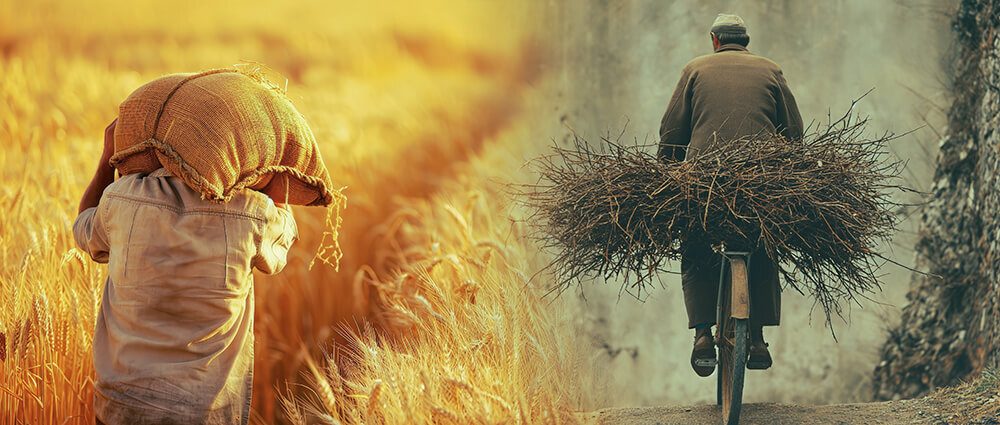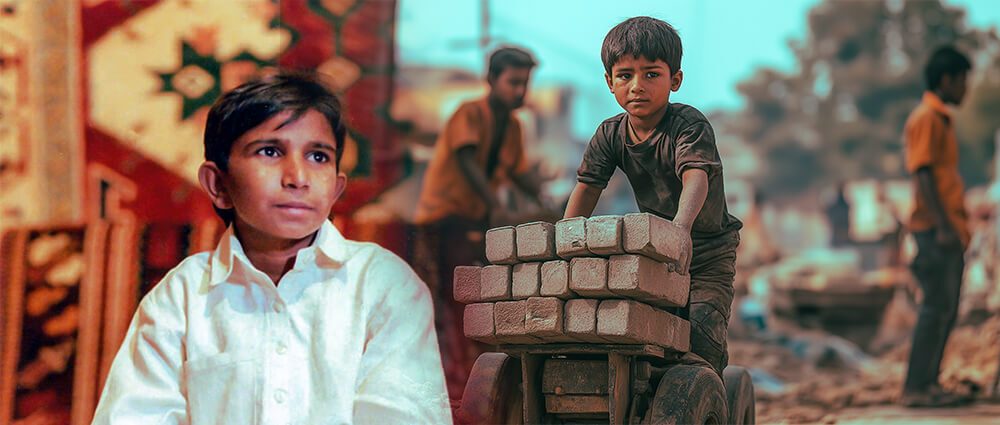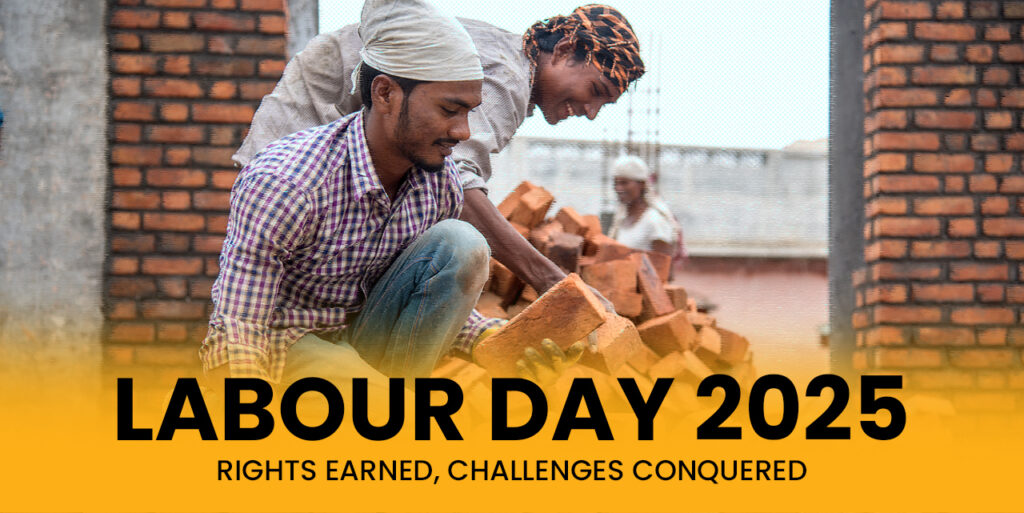Every year on the 1st of May, the world comes together to celebrate Labour Day, a day dedicated to honoring the hard work, sacrifices, and achievements of workers across all industries. As we approach Labour Day 2025, it’s the perfect time to reflect on how far we’ve come in the fight for workers’ rights and what challenges still remain on the road ahead.
The History of Labour Day: A Legacy of Solidarity
The roots of Labour Day go back to the late 19th century during the Industrial Revolution when the factory workers were forced to endure grueling conditions, long hours, minimal pay, and hazardous environments.
The most important moment in history arrived in 1886, when workers from the Haymarket Affair in Chicago, USA, came together to protest for an eight-hour workday. This protest sparked a global movement for fair labour practices.
Another movement in 1889, the International Socialist Congress declared May 1 as a day of workers’ solidarity, officially making this day recognized to celebrate the working class.

The Significance of Labour Day
Labour Day is more than just a 1 May holiday, it is a symbol of the progress made in securing fundamental rights for workers and employees worldwide. These include:
- Fair wages
- Safe working conditions
- Reasonable working hours
- The right to strike and unionize
Over the decades, countless labour movements, protests, and policy changes have contributed to the protection and empowerment of workers, especially in developing nations. This has enable countries to add their rights to human rights and even make new policies about child labour rights.
Labour Day in Pakistan
In Pakistan, Labour Day is observed as a public holiday on 1 May. It was officially recognized in 1972 by the then Prime Minister Zulfikar Ali Bhutto, and since then, it has been a day for seminars and public awareness campaigns organized by trade unions, labour organizations, and civil rights groups.
Even though it’s recognized, Labour Day in Pakistan is still battling challenges that still persist. Many daily wage workers, especially in the informal sector, continue to face exploitation, lack of job security, and poor working conditions. Many organization and civil rights groups are working today to solve them and bring new reforms.

How are We Overcoming Child Labour?
One of the most heart-wrenching challenges still prevalent in our country is child labour. In countries like Pakistan, thousands of children are forced to work in harsh environments, robbed of their right to education and a carefree childhood.
One name that stands out in the fight against child labour is Iqbal Masih, a young Pakistani boy who was sold into bonded labour at the age of four. After escaping his captors, Iqbal became a global symbol of resistance against child labour. He spoke out at international forums and inspired a movement for children’s rights. His story is tragic, but his legacy continues to drive efforts toward a world free from child exploitation. Watch his entire story at Rava Documentary Films and have a look at Iqbal Masih – A Little Warrior.
What Promises to Make on Labour Day 2025?
As we mark Labour Day 2025, we celebrate the rights earned through decades of struggle, but we must also address the issues that remain:
- To enable job stability
- Gender pay gaps and discrimination in the workplace
- Mental health and burnout due to excessive workloads
- Lack of protection for informal workers and domestic helpers
As we enjoy this holiday, let’s take a moment to honor the struggles that shaped the world of employment today and commit ourselves to supporting fair labour rights, eradicating child labour, and creating dignified jobs for everyone.
In Conclusion
Labour Day 2025 is not just about the past, it’s about building a fair and inclusive future for all workers. Whether you’re a factory worker, a nurse, a delivery driver, a tech specialist, or a teacher, your work matters.
This year, it’s our duty to encourage each other on Labour Day to look back at the victories and also look forward to finding solutions for modern-day labour issues and adhere to the labour laws created by the Government of Pakistan.



